Wastewater2reuse
Wastewater2reuse and Unity4Water aims to change public perception on wastewater reuse.
Start
2024-02-15
Planned completion
2028-02-28
Project manager at MDU
This project is part of the Unity4Water project, which is funded by PiiA and VINNOVA and aiming to use wastewater as a resource for the irrigation of urban farming and the production of local food. The main goal of this project is to find efficient, economic and sustainable methods to treat wastewater from emerging (PFAS and pharmaceuticals) and conventional contaminants and also to reclaim water and reuse nutrients in the sludge and wastewater as sources in urban farming. With the direct and continuous discussion with Mälarenergi and Eskilstuna Energi & Miljö will we investigate and develop methods for detecting and treating conventional and emerging contaminants in wastewater as well as recycling valuables for the sustainability of natural resources.
Project objective
The results from this Wastewater2reuse project will lead to solutions where valorization of resources is closely integrated with food production and circularity. We will show that reuse of reclaimed wastewater and nutrients can be successfully implemented in optimized vegetable production. Our goal is also to create opportunities for interdisciplinary research and community engagement and education. The end-user view is important because if a green transition is to take place, then a paradigm shift on how we view water and other resources is necessary, and that is why it is so important to gather collaborators from different areas.
Other goals include:
- Develop optimal methods for analyzing, measuring and monitoring of contaminants (PFAS, pharmaceuticals and others) using physiochemical (HPLC, GC and ICP-OES) and non-invasive sensor technology, such as single-spot UV-Vis/NIR-based sensors,.
- Develop optimal techniques for the treatment of PFAS, pharmaceuticals and other contaminants as part of producing quality water for reuse in urban farming.
- Find optimal techniques for the extraction of nutrients in wastewater and sludge to recycle both water and nutrients back to the food chain.
- Investigate the potential to implement physicochemical techniques (adsorption, electrochemical and others) for the extraction of nutrients from wastewater.
- Highlight examples of where sensors and AI have high potential in enabling water reuse in Swedish industry considering technical, safety, business, and acceptance aspects.
This research relates to the following sustainable development goals
-
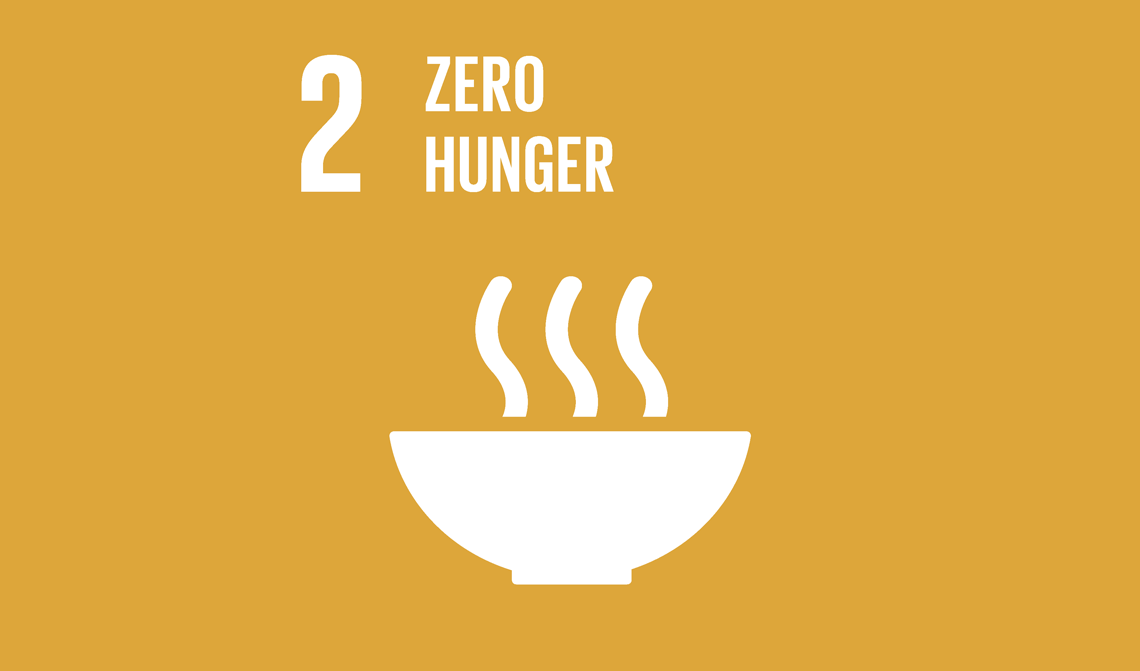
Goal 2
Zero hunger.
-
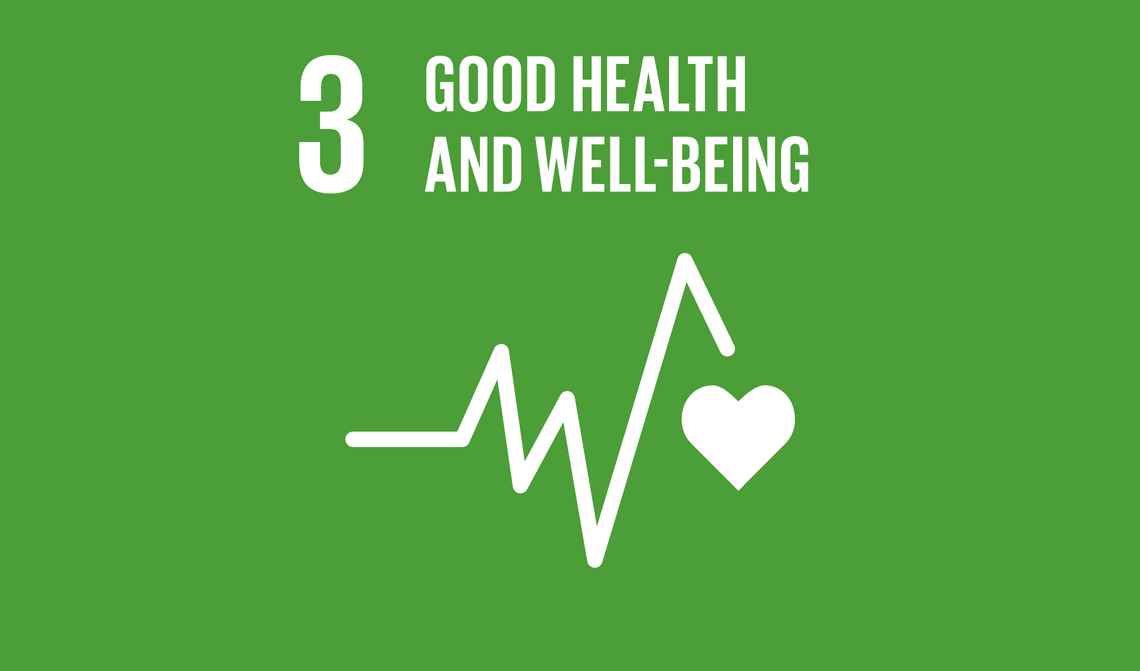
Goal 3
Good health and well-being.
-
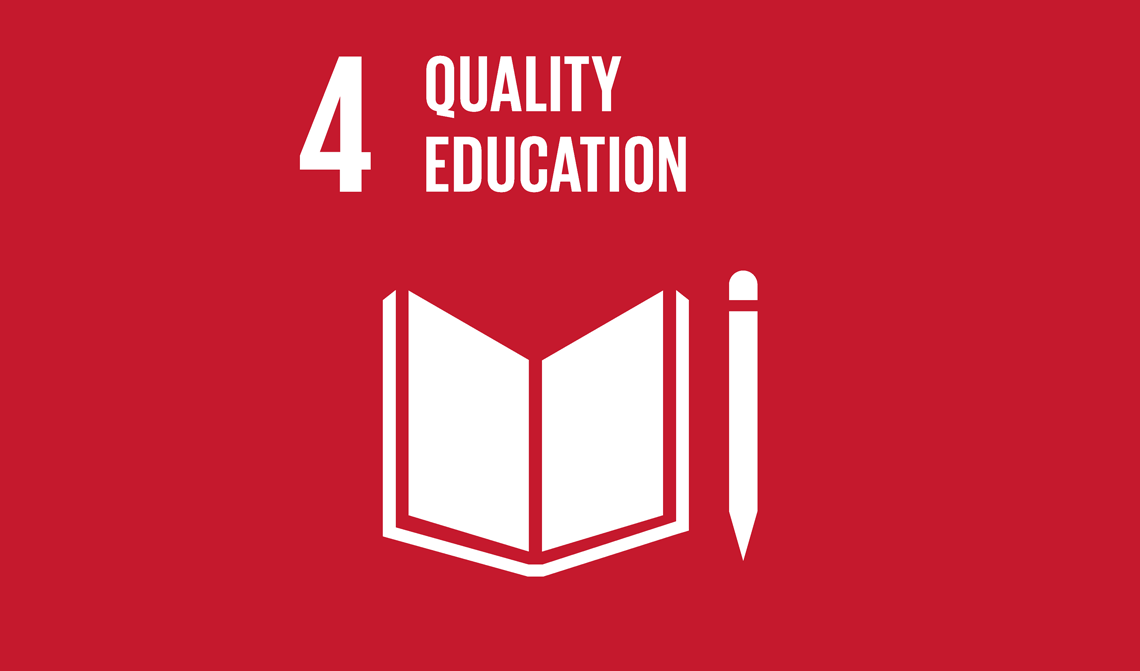
Goal 4
Quality education.
-
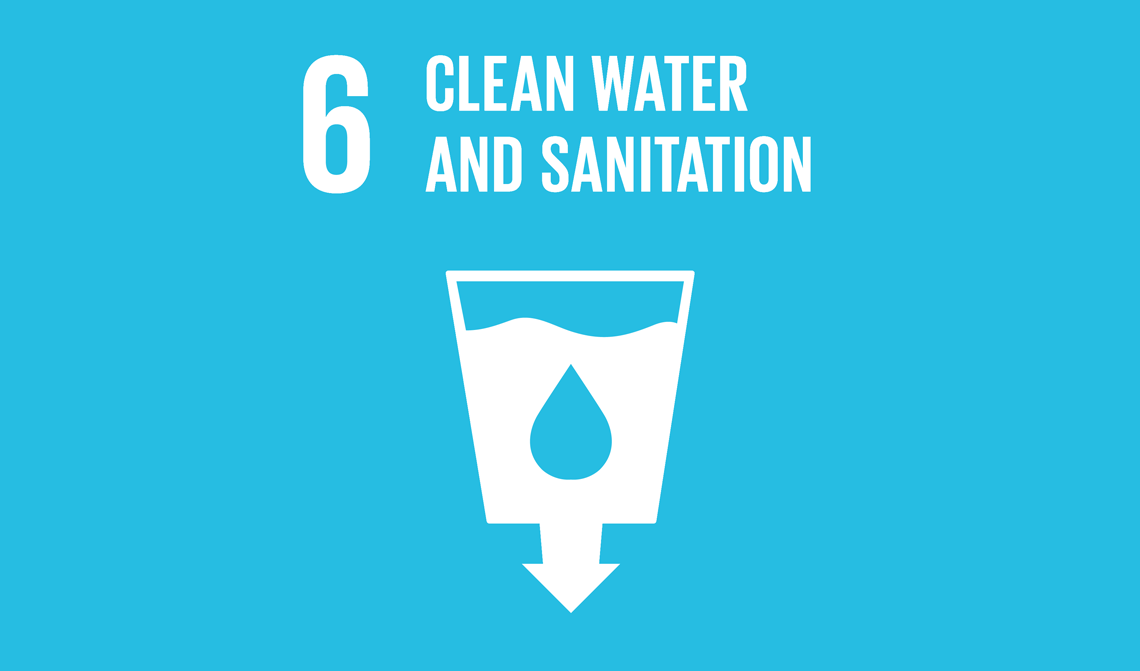
Goal 6
Clean water and sanitation.
-
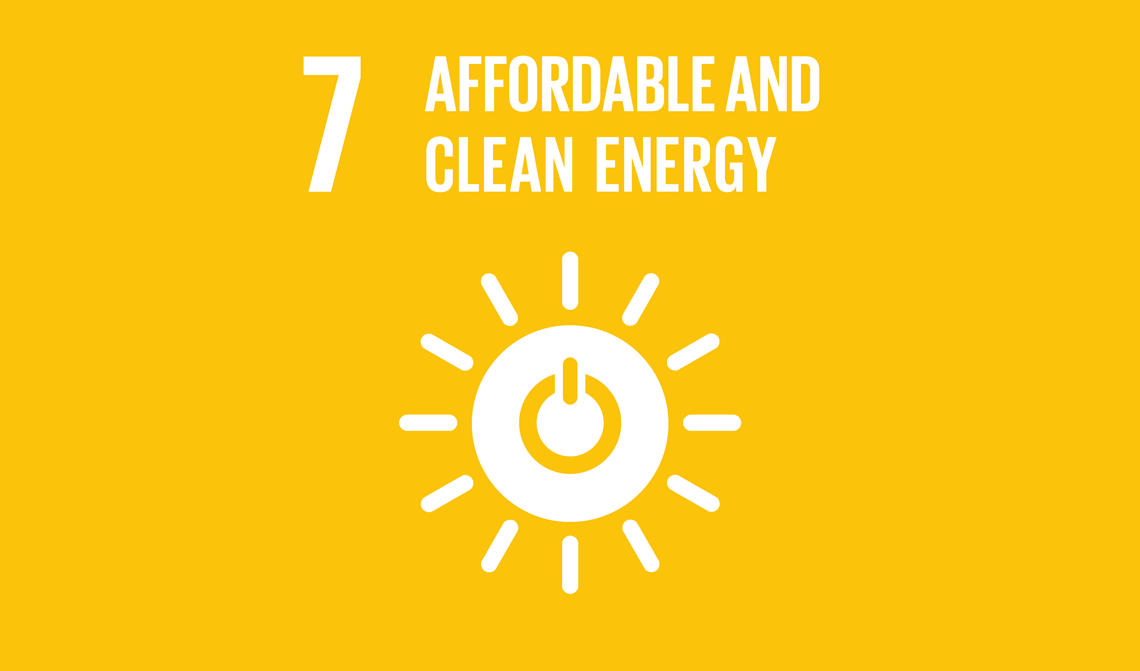
Goal 7
Affordable and clean energy.
-
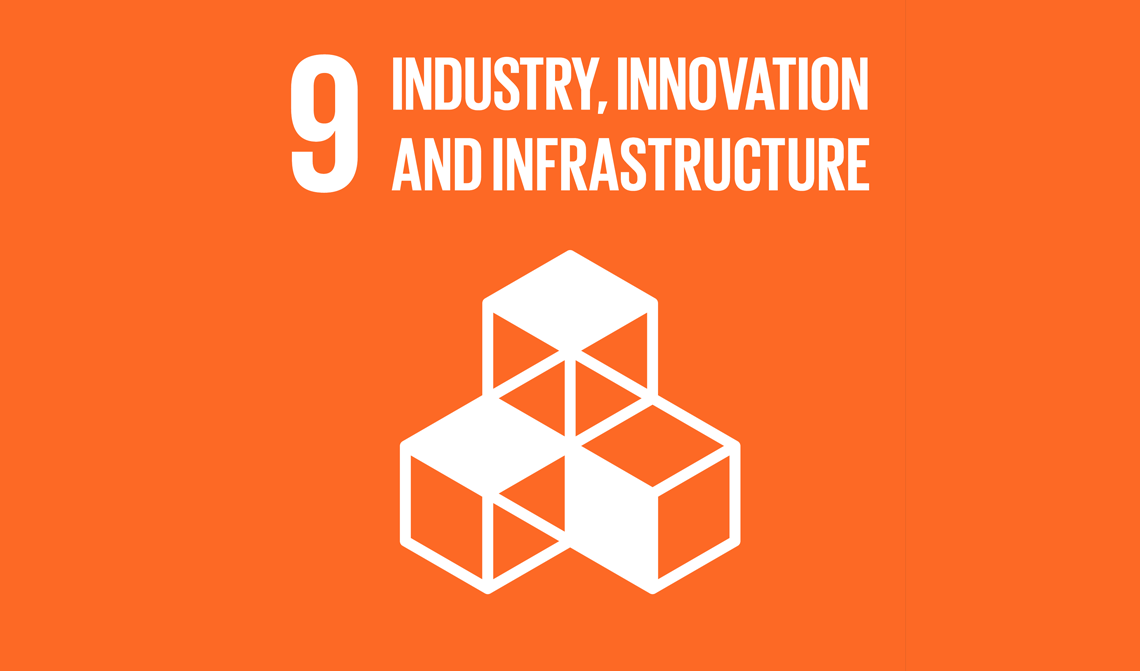
Goal 9
Industry, innovation and infrastructure.
-
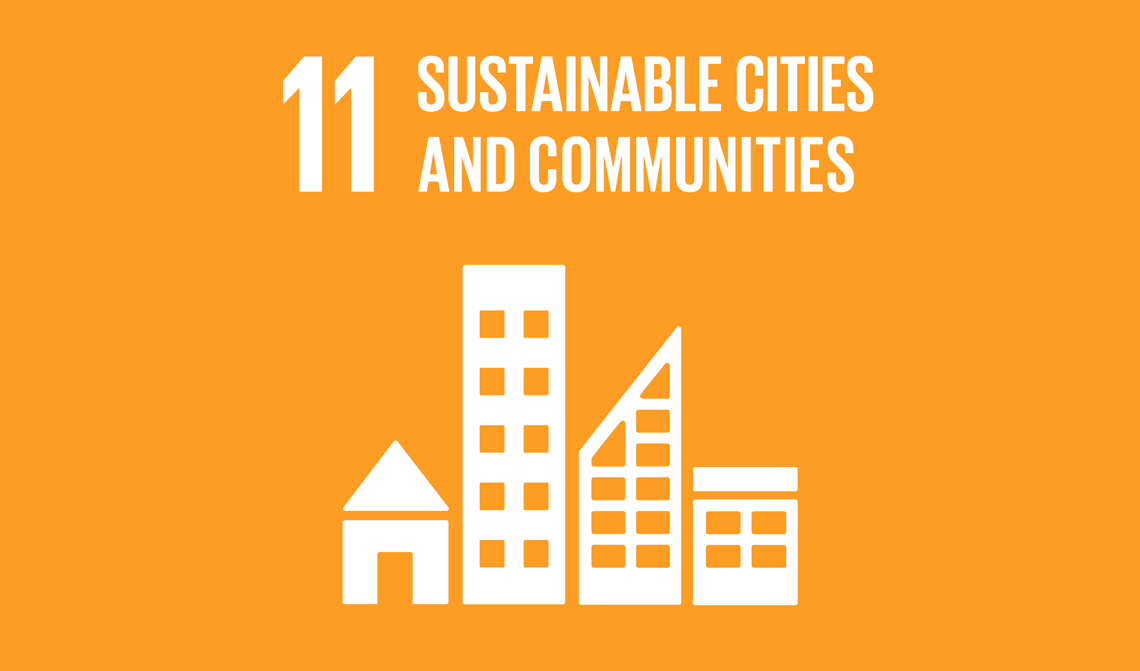
Goal 11
Sustainable cities and communities.
-
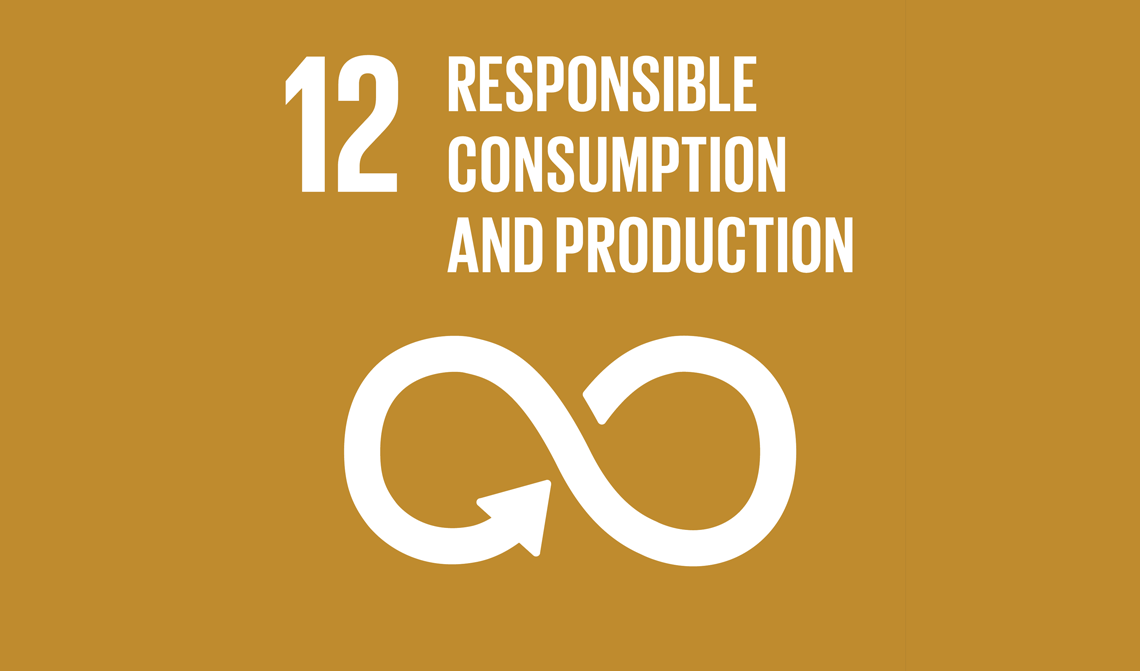
Goal 12
Responsible consumption and production.
-
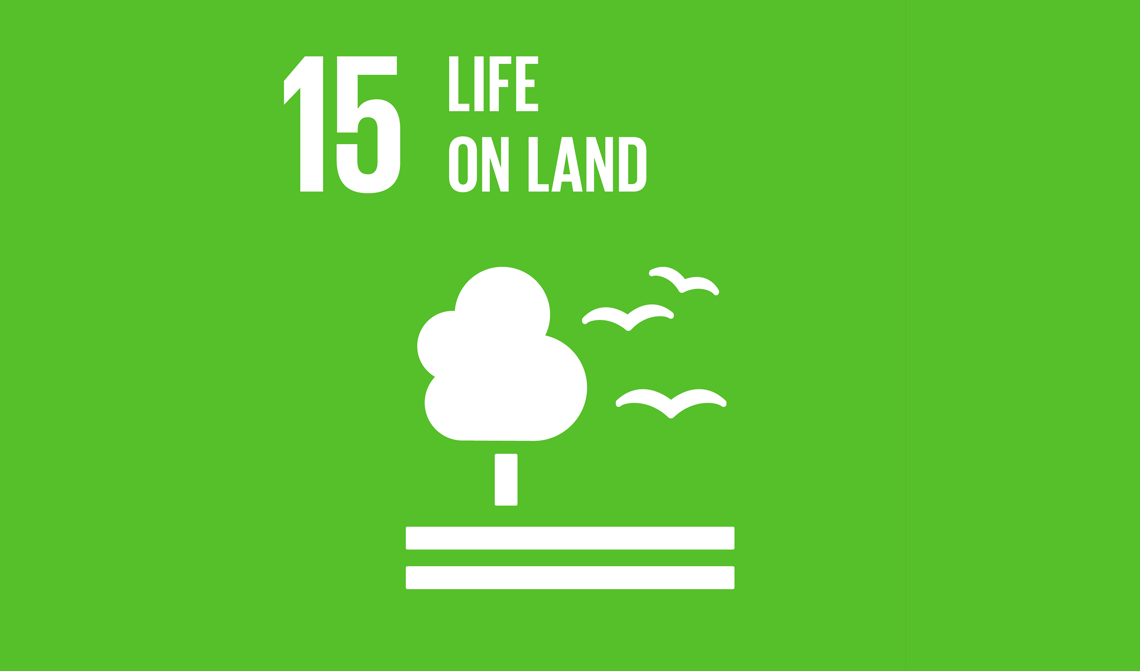
Goal 15
Life on land.
-
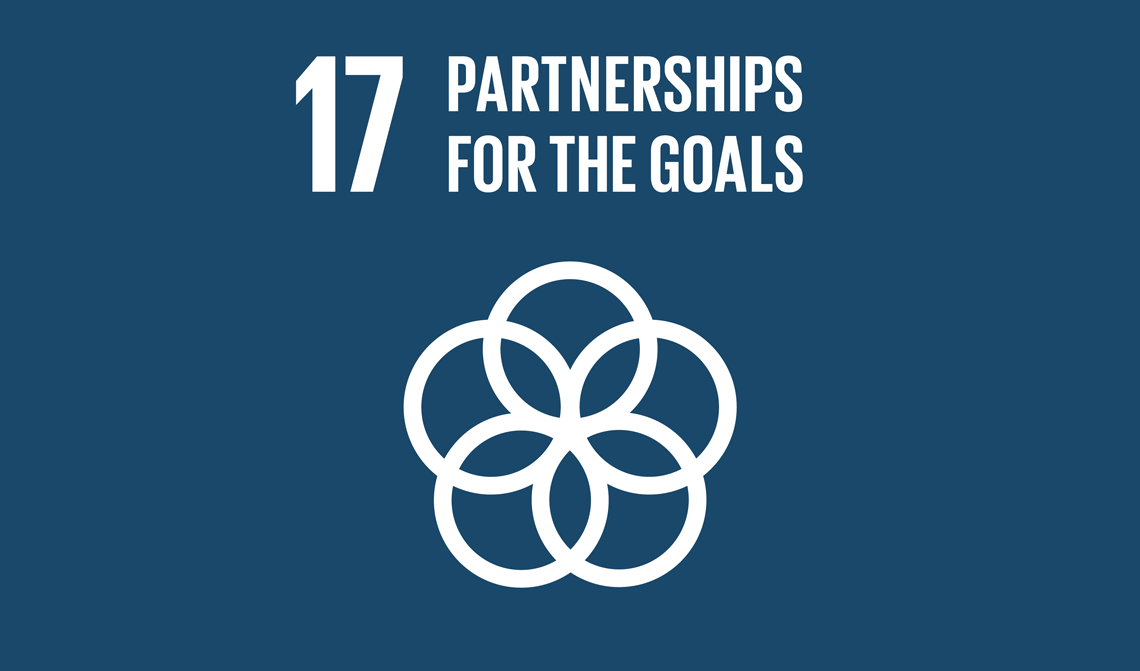
Goal 17
Partnerships for the goals.
